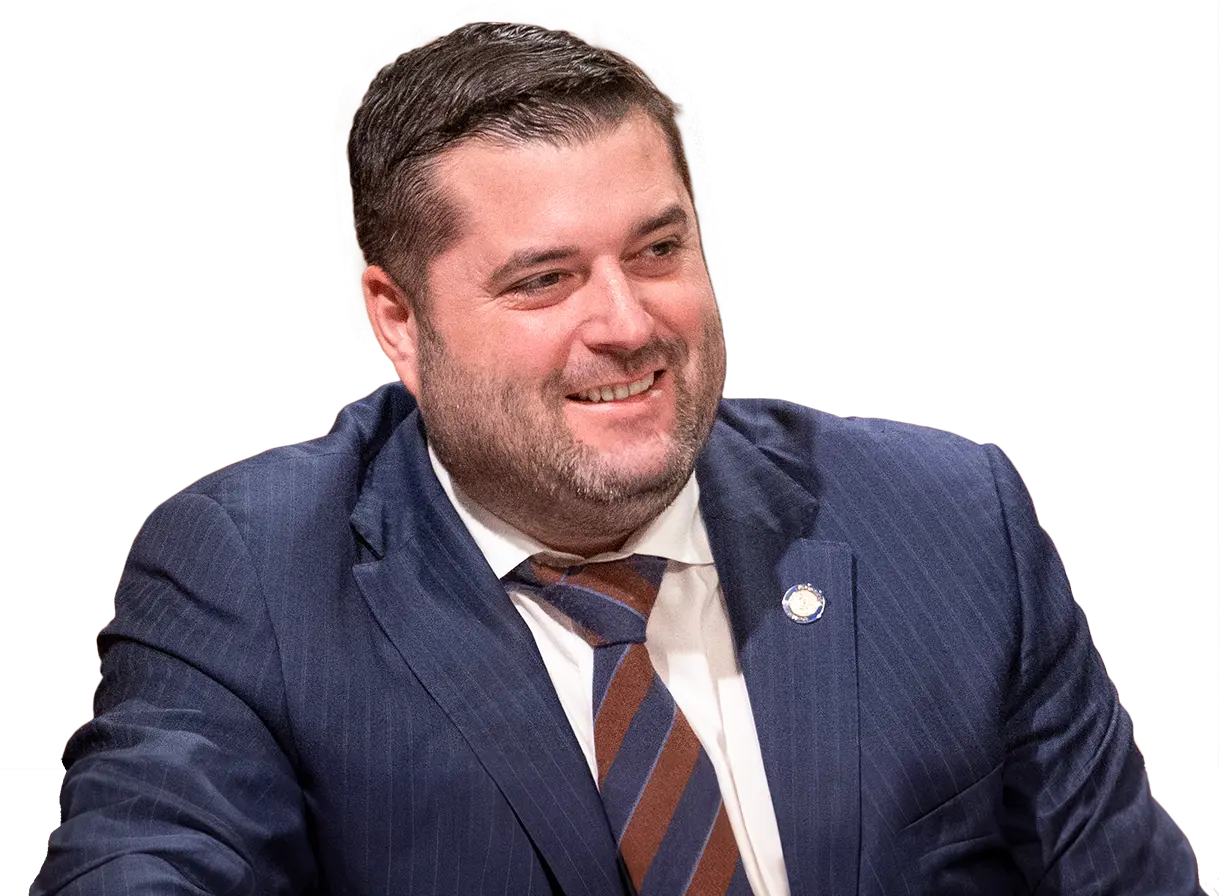In February of last year, the Pennsylvania Department of Transportation (PennDOT) unveiled its plan to toll nine interstate bridges through a Public-Private Transportation Partnership (P3), claiming it is “designed to raise revenue through tolling to address the state’s growing backlog of major bridge replacement and rehabilitation needs.” It did so via an illegal process that lacked transparency, refused public input and abused the checks and balances process.
Fifteen months, several court cases, and thousands of constituent and legislator complaints later, opposition to the P3 bridge tolling initiative continues. But will PennDOT and Gov. Tom Wolf finally listen?
One bridge PennDOT plans on tolling is right here in Allegheny County – the I-79 bridge near Bridgeville. But if Pittsburgh is the “City of Bridges,” why is tolling one bridge a big deal?
Nearly 90,000 people travel I-79 every single day. Therefore, 90,000 people will have to hand over $2 morning and evening to cross the bridge during their daily commute, costing almost $1,000 a year. Most individuals will not have the means to afford such costs just to travel their normal route, which means they will find an alternate route. Thousands of commuters finding an alternate route will congest local roads, increasing both travel time and safety concerns for citizens and emergency services.
Municipalities will then be responsible for the depreciation costs for local road maintenance – more cars on the road results in more wear and tear. Bridgeville and the surrounding areas are already overwhelmed with traffic. Additional traffic will increase hardships for our small businesses due to parking lots and roads already operating at capacity. This unconstitutional plan will also have catastrophic effects on business development in a region that has seen growth and significant investments in recent years. Not only will it reduce the ability of our region to be competitive in attracting new businesses, but it is a major deterrent to existing employers looking to expand or relocate.
In April 2021 during a budget hearing, I asked PennDOT’s secretary if the P3 board completed the survey, which is required by federal regulation, regarding the impacts of the other roads that will see increased traffic as drivers avoid the tolls. PennDOT’s secretary confirmed that they did, indeed, complete the study. The following week in a separate budget hearing, PennDOT stated it was still conducting the bridge tolling diversion study. When this contradiction was cited, PennDOT avowed that its secretary “misspoke.” The inconsistency and lack of transparency is unacceptable, especially from such a significant department.
I also asked PennDOT if the money generated by the toll would be used solely for the bridges that are going to be replaced, and not for any other projects in its general fund. In response to my question, PennDOT’s Alternative Funding Program Director explained a hierarchy of ways those funds will be spent, including annual availability payments to the developer, toll-related administrative and processing costs, payments to a strategic reserve account with an initial cost of $475 million and a post-tolling assessment before any excess revenue is committed to Allegheny County.
It is still uncertain as to why these bridges were chosen when PennDOT can replace other bridges without having to toll them. Why toll this bridge, which is already structurally sound? That is the main question I am often asked by my constituents, and I demand PennDOT to provide answers.
Gov. Wolf and PennDOT developed this overreaching plan with no input from the General Assembly, while completely omitting checks and balances. They illegally moved forward with the P3 initiative and ignored the voices of the people.
The opposition to PennDOT’s plan has been strong and apparent. Two separate cases have already been filed in the Commonwealth Court. In November 2021, three local municipalities, including Bridgeville Borough and South Fayette and Collier townships, challenged the constitutionality of the tolling plans. On May 18, the Commonwealth Court granted a preliminary injunction, halting the plan until further court action occurs. I commend these community leaders and am pleased to see the court favor their case.
Our roads, and especially bridges, absolutely need to be repaired. Thankfully, we already have the funding and sources for these projects. Pennsylvania is on the road to receive $13 billion over the next five years for highways and bridges through the federal infrastructure bill. When PennDOT first shared the P3 bridge tolling plan, Pennsylvania was not guaranteed the necessary funding to repair our roads, highways and bridges. However, we now have bipartisan infrastructure money, and we should allocate it appropriately.
We need to come together and have a conversation about utilizing the funding that is already provided to us, not placing the financial burden on the backs of our constituents – many of whom are already struggling because of staggering inflation and rising costs for food, fuel and energy.
This is why I’m proud to co-sponsor Senate Bill 382, which reforms the P3 statute and voids PennDOT’s plan. It also increases transparency by requiring PennDOT to publish a detailed analysis prior to the P3 board’s voting meeting and mandating PennDOT to distribute a copy of the resolution, with or without a user fee, within 24 hours. Additionally, the bill incorporates public input by creating a new 30-day public comment period prior to the P3 board’s voting meeting.
Upsettingly, Gov. Wolf has made it known that he will veto the bill, even though it has received bipartisan support. Why is he refusing other ideas while ignoring the major disapproval? We have the resources to fund the necessary projects for our highways and bridges.
My colleagues and I were elected to represent our constituents by being their voice in Harrisburg. Why are we being disregarded on such a major issue?
Let’s do it the right way. We must discuss alternatives to tolling our residents, because now is not the time to solicit them for more money. Pull up a chair, Gov. Wolf. We are already at the table.


